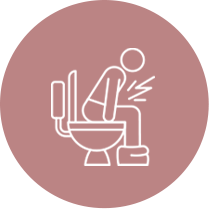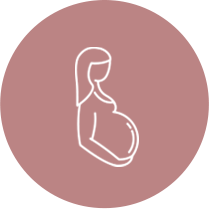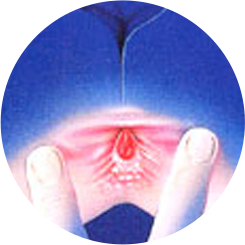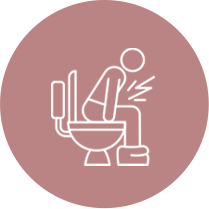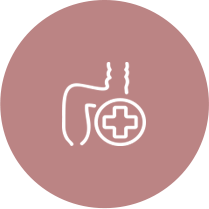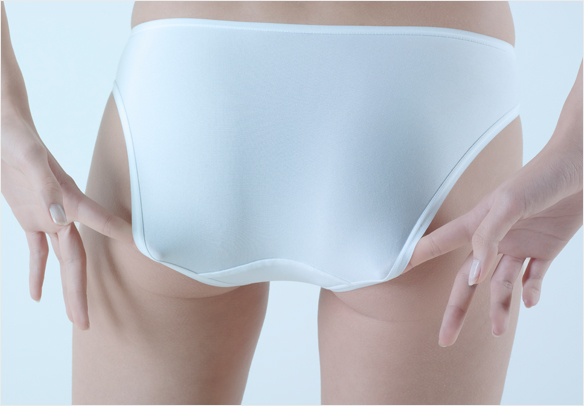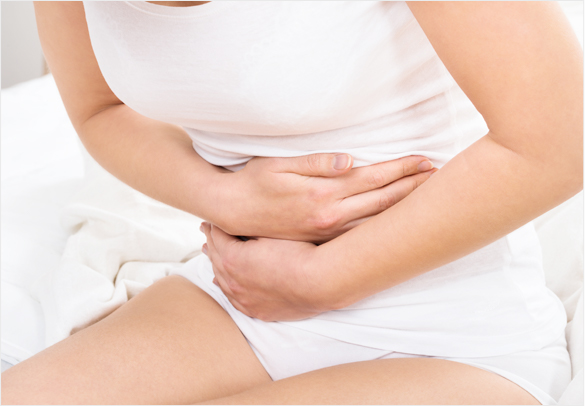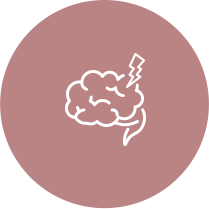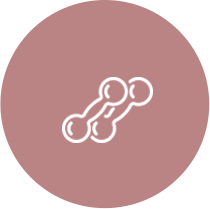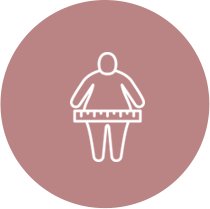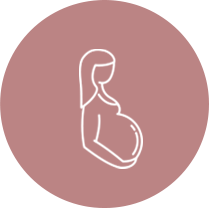From the moment we first meet with patients,
we will take care of them like a family with faith, hope, and love.
Wellness Hospital treats even the hearts of customers through experts treatment and specialized medical services.
Women are more sensitive to the environment than men are, so constipation or anal disease may temporarily occur or worsen due to various mental stresses. In addition, women are easily affected by antibody hormones from ovulation to menstruation, so constipation and hemorrhoids tend to occur and worsen during these periods.
Unlike men, drinking alcohol, heavy physical activities, and long work in the office are less likely to cause hemorrhoids in women. In contrast, pregnancy and childbirth and constipation are thought to increase the incidence of hemorrhoids. Women are more prone to external hemorrhoids than men, and therefore often experience pain from repeated thrombus formation. In addition, since the epidermis of hemorrhoids, that is, the skin and anal mucosa covering the hemorrhoids, is weaker than that of men, bleeding is more common in women, and prolapse is likely to occur as hemorrhoids progress.
01 Pregnancy and Hemorrhoids
Thrombotic hemorrhoids, which cause severe pain during pregnancy, are common in women, and the reasons are as follows.
-
1
Difficulties in Bowel Movement during pregnancy
-
2
Increased pressure in abdomen during pregnancy
-
3
Blood flow disorders during pregnancy
02 Treatments
Minor bleeding can be improved by treating constipation and using suppositories. In case of treating swelling and pain that follow blood clots, hemorrhoids can be removed with simple surgery. However, during pregnancy, tissues are in a weakened state, so it is difficult to perform active surgery as usual, so perfect results often cannot be expected. Therefore, unless it is unavoidable, it is recommended to perform surgery 3 to 4 weeks after childbirth, when the tissues return to normal status after childbirth.
The condition in which the anus is torn is called anal fissure, and is characterized by pain and bleeding during defecation. For women, it is important to take care of bowel movements because their skin tissues are weak, so anal fissures are more likely to occur after a bowel movement or severe diarrhea. The pain varies from stinging during defecation to very severe and unbearable pain, and the duration of the pain can vary from a few seconds to all day.
01 Reasons
-
1
Constipation - Tearing because of excessive expansion of the anus due to hard stools
-
2
The anal mucosa is weakened and torn due to repeated diarrhea
-
3
The anus is narrowed due to adhesions and tears even during normal bowel movements
Acute Anal Fissures
Acute anal fissure is a condition in which the skin covering the anus, i.e., the epithelial tissue, is torn or sore due to constipation during defecation. It can be cured with simple sitz bath and medication
Chronic Anal Fissures
If the anal epithelium is torn repeatedly, the wound deepens, exposing the inner sphincter muscles, causing a change called fibrosis and loss of elasticity. At this time, structural changes of the anus have already been induced, and the condition cannot be improved by drug treatment alone. In chronic anal fissures, three distinct symptoms appear in the anus: pancreatic epithelium, hypertrophic anal papillae, and ulcers.
Constipation is more common in women than men, in their teens and 20s, and increases again in their 60s, which is because the bowel movement is changed by hormones related to menstruation. Insufficient dietary fiber and water intake due to excessive weight loss, lack of exercise, and stress are also causes. Even during pregnancy, hormonal changes can cause constipation, so special attention is required.
01 Why Constipation More Likely Occurs In Women
-
-
2
Weak muscles and lack of exercise
-
3
Excessive weight loss (diet)
-
-
02 For regular bowel movement habits, you need to
01
Have regular diet habits. Especially, breakfast can stimulate bowel movement, so please do not skip breakfast and eat slowly, chewing well. Take a sufficient amount of water every day, and consume water, milk, and fruit juice regularly.
02
Do exercise regularly, including walking or jogging.
03
If you feel inclination for stool, please visit toilet as soon as possible. It is not recommended to suppress or retain your stools.
04
Consume a sufficient amount of dietary fibers, about 30~50g, as they can add bulk and moisture to your stool.

